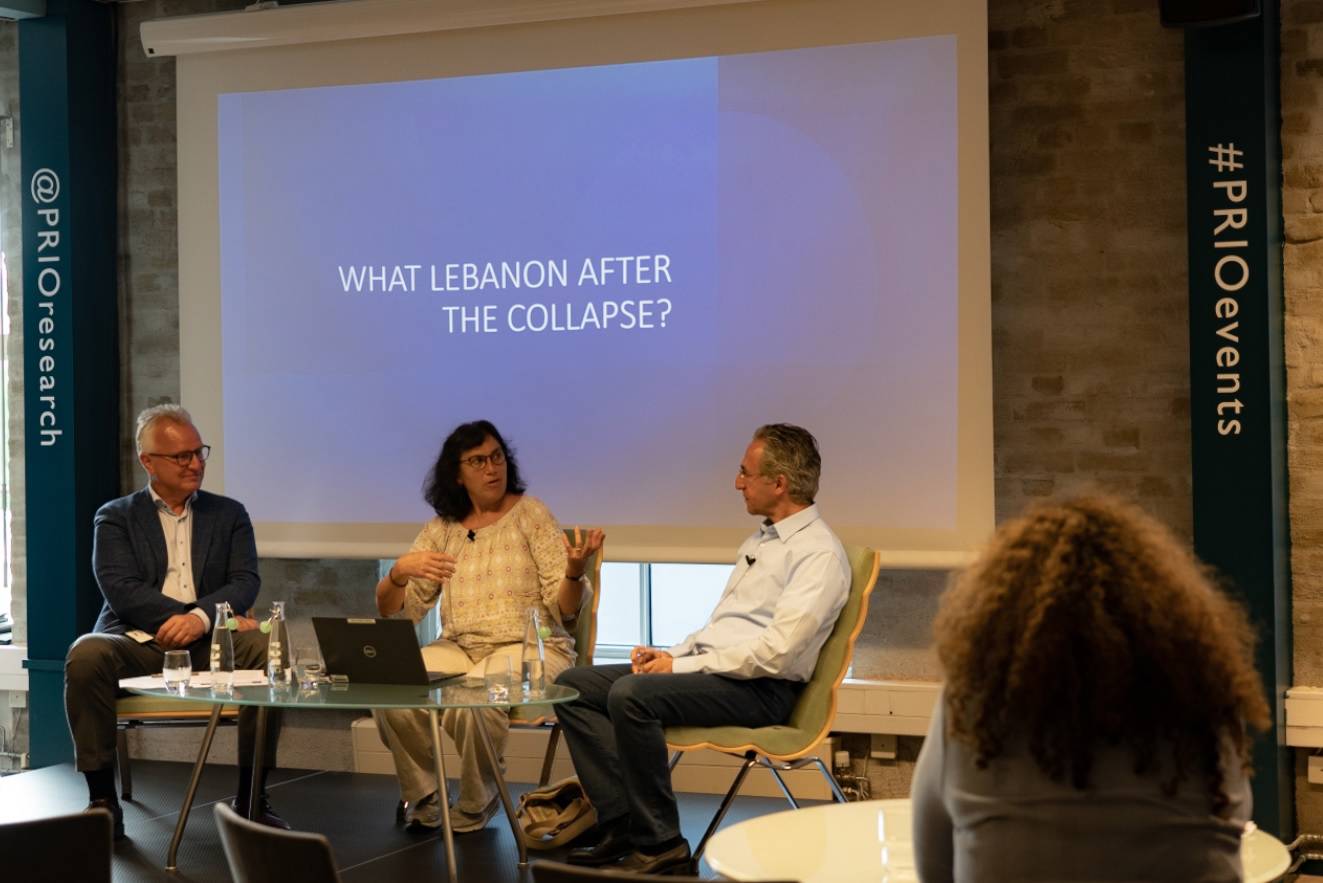
Lebanon seems to always be at a crossroads. Yet, this time it is surely different. Two overlapping crises have made the present moment unlike any other in Lebanon's recent history. In this seminar, Bassel F. Salloukh from the Doha Institute for Graduate Studies will share his analysis.
The first crisis involves the post-war sectarian political system anchored in the domestic and geopolitical pacts that took the form of the 1989 Taif Agreement. It is a crisis best expressed in the protests that exploded on 17 October 2019. Albeit the sectarian political elite would use a combination of repression, infiltration, and intimidation to contain the protests, the depth and extent of popular anger with the postwar political elite lingers and is empirically documented through a wide range of pre-election surveys. Left to their own choices, the sectarian political parties would wish the elections away because their control over their sectarian constituencies has reached its lowest point. The failure of the opposition groups and parties. that emerged from the 17 October protests, to gather in one united front, speaks more to their weak organizational capabilities and deep ideological differences than to the confidence of the sectarian elite in their own position.
The second crisis takes the form of a complete collapse of the post-war political economy, one upon which the post-war order was erected. It manifests itself in the overlapping fiscal, financial, socioeconomic, and monetary crises underway in Lebanon for more than two years now. It is one that a 2021 World Bank report, 'The Great Denial', considered "is likely to rank in the top 10, possibly three, of the most severe crises episodes globally from the mid-1800s until 2013." The response of the political, economic, and financial elite to this latter crisis was a set of policies that deliberately exacerbated socioeconomic and financial conditions in a bid to retain their political power, defend their material interests, and reproduce the sectarian system. Given the choice between sharing power with anti-sectarian opposition groups and reforming the political system in the direction of a civil state or, alternatively, allowing the socioeconomic and financial freefall of the past years with its disastrous consequences, the postwar elite opted for the latter.
The sectarian political elite decided to respond to these twin crises with a combination of sectarian demonizing, societal destruction, and waiting for the side-effects of geopolitical bargains on Lebanon. But what kind of Lebanon will emerge from this present moment of collapse? What are the causes of this overlapping fiscal, financial, monetary and socioeconomic collapse? Are we witnessing the end of the post-Taif order? Will the political elite manage to salvage the sectarian system? Can this be undertaken without substantial political reforms that alter the sectarian balance of power institutionalized in the Taif Accord? What kind of society and economy will emerge from the present collapse? What are the different scenarios to consider as we move forward? And what role can the international community play in shaping these scenarios?
Opening remarks from Kristian Berg Harpviken, Research Professor at PRIO and Director of the PRIO Middle East Centre.
Speaker
Bassel F. Salloukh is Associate Professor and Head of the Politics and International Relations Program at the Doha Institute for Graduate Studies in Qatar. Among his publications are the The Politics of Sectarianism in Postwar Lebanon (Pluto Press, 2015) and Beyond the Arab Spring: Authoritarianism and Democratization in the Arab World (Lynne Rienner Publishers, 2012), both co-authored.
Commentator
**Rania Maktabi**is Associate Professor at Østfold University College. She researches Middle East politics, with particular emphasis on questions related to citizenship and the relationship between religion, law and politics in Lebanon, Syria, Kuwait, Qatar, Morocco and Egypt. She also teaches courses in international relations, political analysis and comparative politics.
MidEast Breakfast
The PRIO Middle East Centre hosts a series of breakfast seminars, catering to Oslo's diverse community of MidEast watchers. The series will draw attention to current issues, and discuss those in the light of historical, regional and global trends. The MidEast Breakfast provides an opportunity to combine breakfast with food for thought in a compact one-hour format.





